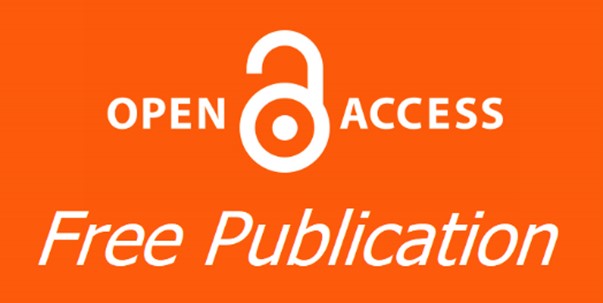Document Type
Original Study
Abstract
Objectives: This study aimed to evaluate the effect of addition of bioactive glass nano particles to an adhesive resin on the microtensile bond strength to dentin in etch and rinse and self-etch mode. Materials and methods: bioactive glass nano particles were prepared and added to a universal adhesive (Single Bond Universal, 3M ESPE) in concentrations of 10% and 20% by wt. 48 dentin specimens were prepared from human sound molars. The occlusal enamel was removed to expose dentin and the specimens were divided into six groups of 8, A1 and B1, received unmodified adhesive, A2 and B2 received adhesive with 10% bioactive glass and A3 and B3 received adhesive with 20% bioactive glass respectively. A groups were bonded using the etch and rinse approach while theB groups were bonded using the self-etch groups. Composite resin was applied to the bonded surfaces. Specimens were sectioned for microtensile bond strength testing. Results: the addition of bioactive glass fillers caused a significant reduction to the microtensile bond strength when compared to dentin with both adhesive techniques. The amount of filler had no significant effect on the self-etch mode, while with the etch and rinse there was a further significant reduction with added filler. Conclusion: addition of bioactive nano fillers caused a significant weakening of the bond strength.
Keywords
microtensile bond strength; Bioactive glass; Nano fillers
How to Cite This Article
D.A., Elsharkawy
(2018)
"Effect of Incorporation of Bioactive Glass Nano Particles in Adhesive Resin On Microtensile Bond Strength to Dentin in Self Etch and Etch and Rinse Mode,"
Al-Azhar Journal of Dentistry: Vol. 5:
Iss.
4, Article 10.
DOI: https://doi.org/10.21608/adjg.2018.20025
Subject Area
Restorative Dentistry Issue (Removable Prosthodontics, Fixed Prosthodontics, Endodontics, Dental Biomaterials, Operative Dentistry)








